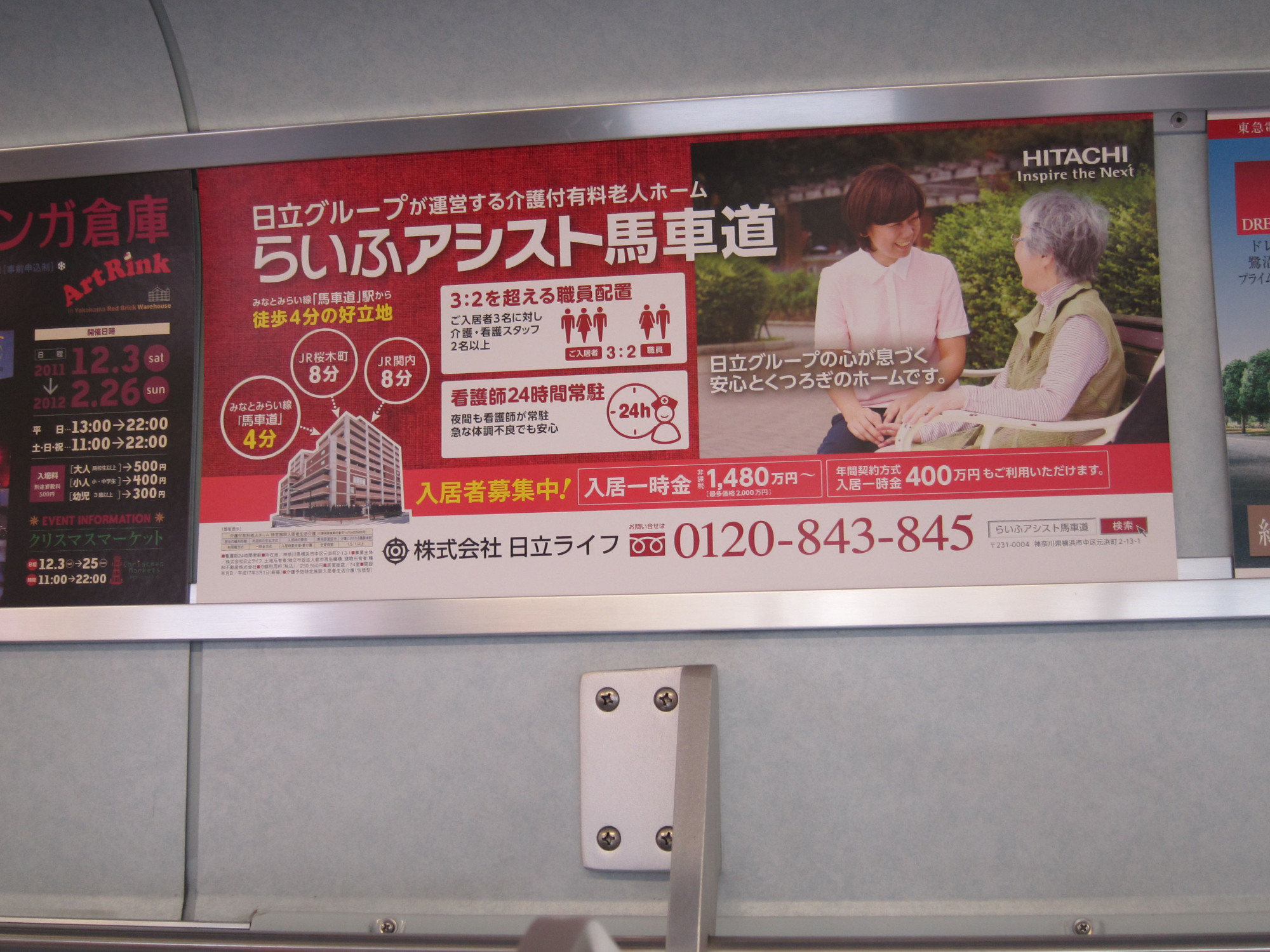It's something like a convenience store, and almost as convenient if it weren't closed at night. In exchange it's clearly lower priced than your local 7-Eleven or Family Mart, and offers a larger assortment of foods. Not quite as much as an ordinary supermarket though, so it's really neither one nor the other. It's somewhere in between, and this is also reflected in its name: まいばすけっと (mai basuketto).
The name is based on the English words "my basket," obviously, and comes as close as it gets to the original. What's remarkable about it is that it is not written in katakana, the default script for Western loanwords, but in hiragana, which, in combination with kanji, is normally reserved for indigenous Japanese vocabulary.
The result is something that's both foreign and familiar, and this is most likely the intended effect. The Aeon Co., Ltd., which runs the My Basket stores, is not the first to harness this deviation from common script choice rules (though with its 500 stores in the metropolitan region it is perhaps doing it most visibly). In fact, loanwords in hiragana have been around for quite some time.


















With your current subscription plan you can comment on stories. However, before writing your first comment, please create a display name in the Profile section of your subscriber account page.